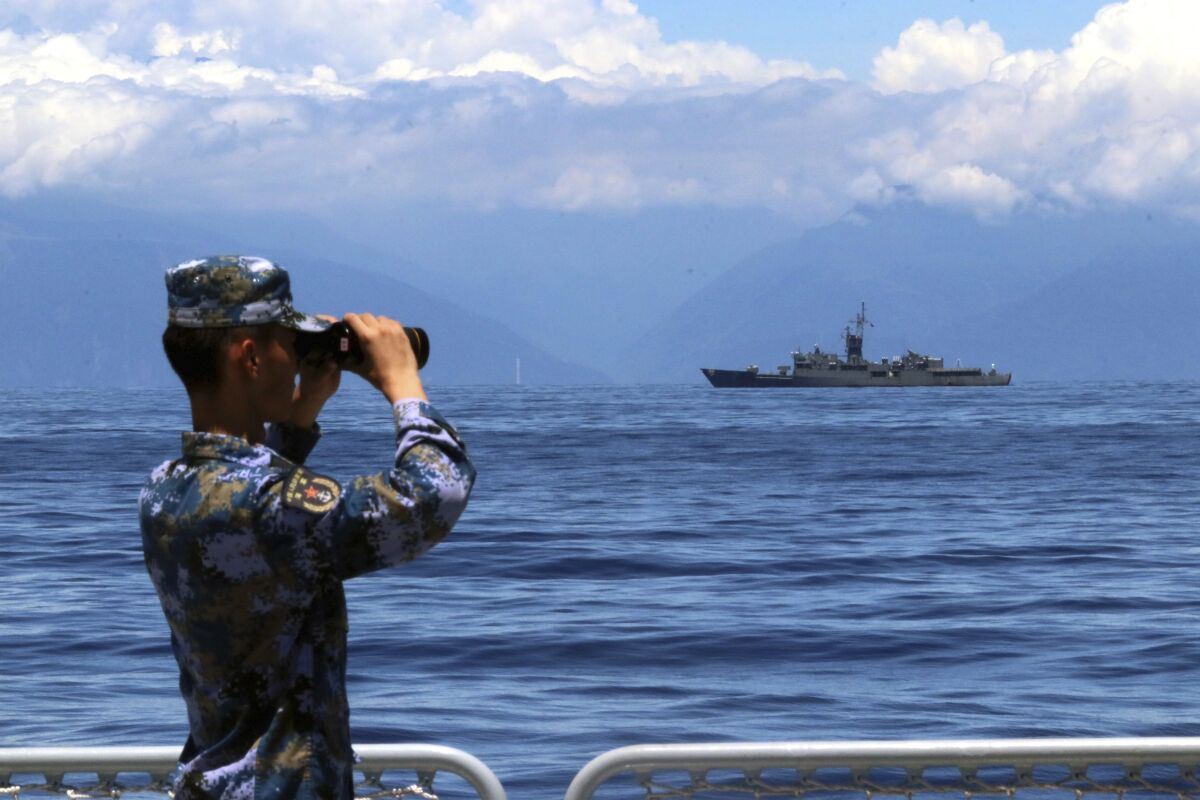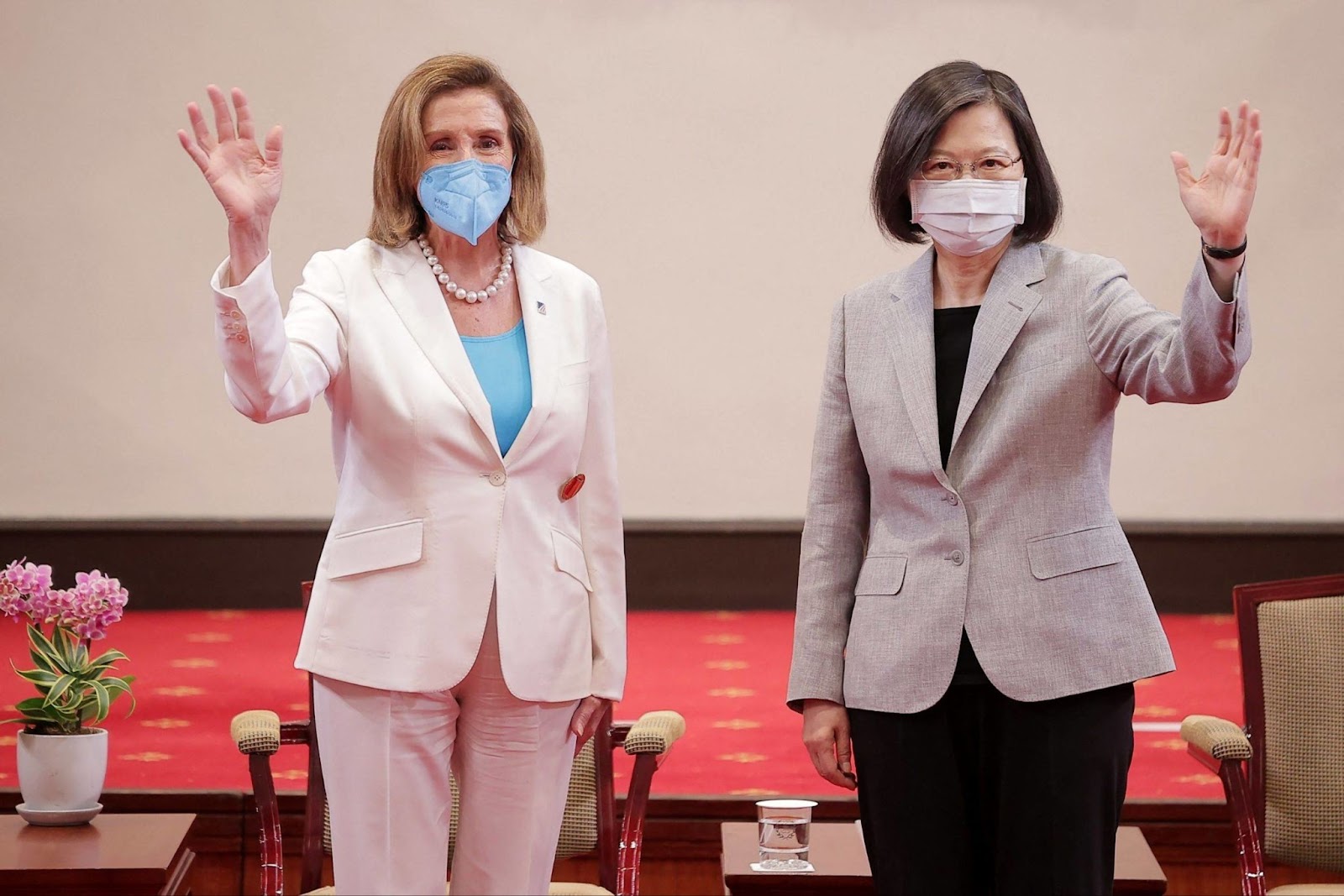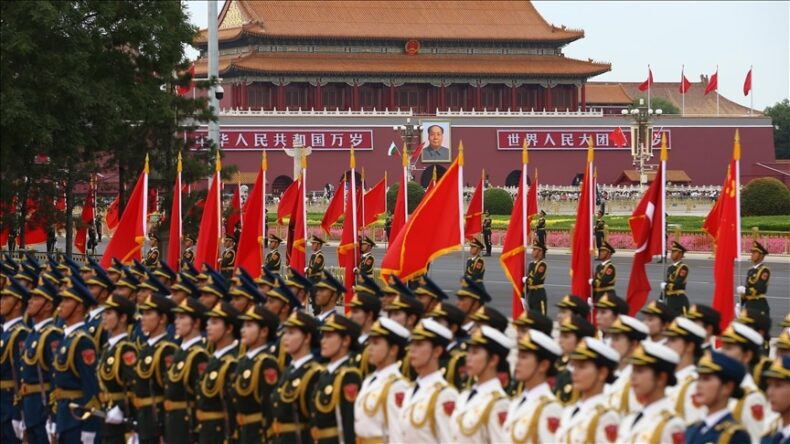Taiwan’s Defense Minister Chiu Kuo-Cheng warns Taiwan about the sudden entry of Chinese military forces close to and around Taiwan’s territory. This warning comes soon after military tensions between Taiwan and China arise across the Taiwan Strait. In the past several years, China has increasingly taken measures to step up its military activities near Taiwan.

Table of Contents
Military Activity:
This increase in military activity includes daily incursions of the Chinese People’s Liberation Army’s air force into the island’s air defence identification zone. The air defence identification zone is the airspace of any country along with any additional area over land or water where a country has the liberty to locate or control any air activity. These are declared unilaterally by the country and often extend beyond a nation’s territory, thus allowing it to have additional time to respond to a possibly hostile aircraft.
Despite the intrusion, Taiwan has not reported any intrusion by Chinese forces in its contagious zone, which is 24 nautical miles (44.4km) from its coast.
The foreign minister further added that the Chinese People’s Liberation Army has in the past and may in the future find excuses to violate Taiwan’s sea and airspace in retaliation for Taiwan’s improving ties with the United States of America.
He further added that Taiwan is ready to retaliate with the first shot against Chinese military intrusions if Chinese forces enter Taiwan’s airspace.
In a previous instance, the Chinese military staged an unprecedented sudden military exercise near Taiwan soon after Nancy Pelosi, the then-United States House speaker, visited Taiwan.

In response, Mao Ning, the spokesperson for the Chinese Foreign Ministry, addressed a daily briefing in Beijing, stating that China will continue to take any firm measures required to “defend” its sovereignty and territorial integrity.
US-Chain Relation:
Recently, China increased its military spending with a 7.2 percent hike amidst rising tensions with the United States government as well as its neighbor, Taiwan, and the heavily disputed South China Sea region. The United States is an extremely important supporter and supplier of military equipment to Taiwan, which has added more strain to already weakened US-China relations.
Taiwan’s Defense Minister Chiu Kuo-Cheng claims that China has abandoned and repeatedly violated a bilateral agreement between Taiwan and China that limits and prevents military movement in and along the Taiwan Strait.
Economic Growth:
China has repeatedly increased defence expenditure over the past decade, with an increase of at least 6.6% in every decade for the last thirty days. The growth rate for military expenditure in China has often exceeded the rate of economic growth. This rise in military budgeting comes soon after President Xi Jinping promised to build a “world-class force” by 2027, the year that will mark the 100th anniversary of the People’s Liberation Army’s establishment.
While the United States of America has repeatedly warned Taiwan of the possibility of Chinese intrusion into Taiwan to bring Taiwan under Chinese control, Chinese Premier Li Keqiang has spoken about the promotion of peaceful development across the Taiwan Strait to promote “peaceful reunification” of Taiwan and China while simultaneously opposing Taiwan’s sovereignty and independence.
Despite Taiwan’s independence movement establishing Taiwan as a sovereign state opposed to Chinese unification, its statehood remains ambiguous as China still claims that Taiwan is a part of the PRC. Taiwan currently holds formal diplomatic relations with and is formally recognised by 13 out of the 193 members of the United Nations.












